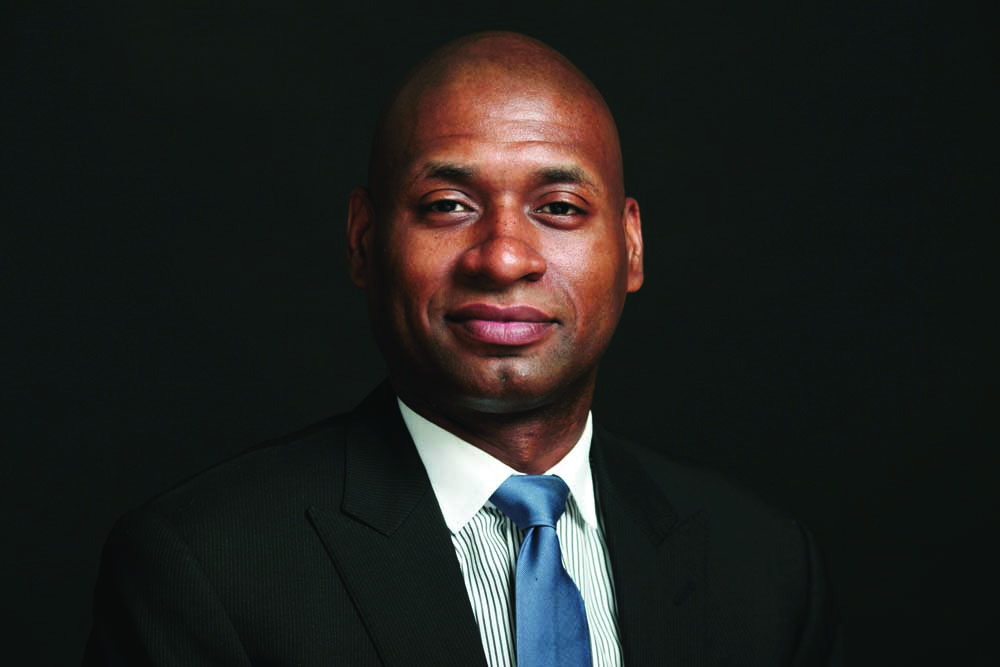Column: Reading books is fundamental
Published 12:00 am Sunday, January 26, 2014

- Charles Blow(CREDIT: The New York Times)
The first thing I can remember buying for myself, aside from candy, of course, was not a toy. It was a book.
It was a religious picture book about Job from the Bible, bought at Kmart. It was on one of the rare occasions when my mother had enough money to give my brothers and me each a few dollars so that we could buy whatever we wanted.
We all made a beeline for the toy aisle, but that path led through the section of greeting cards and books. As I raced past the children’s books, they stopped me. Books to me were things most special. Magical. Ideas eternalized.
Books were the things my brothers brought home from school before I was old enough to attend, the things that engrossed them late into the night as they did their homework. They were the things my mother brought home from her evening classes, which she attended after work, to earn her degree and teaching certificate.
Books, to me, were powerful and transformational. I read about girls who were brave, girls who sleuthed, Girls of the Limberlost … horses that raced like the wind, Jane and Michael Banks, Little Women and Little Princes and Swiss Families, red ferns and yellow dogs, Borrowers, Hobbits and Cheshire cats.
So there, in the greeting card section of the store, I flipped through children’s books until I found the one I wanted, the one about Job. I thought the book fascinating in part because it was a tale of hardship, to which I could closely relate, and in part because it contained the first drawing I’d even seen of God, who in those pages was a white man with a white beard and a long robe that looked like one of my mother’s nightgowns.
I picked up the book and walked proudly to the checkout. I never made it to the toy aisle. That was the beginning of a lifelong journey in which books would shape and change me, making me who I was to become.
We couldn’t afford many books. We had a small collection. They were kept on a homemade, rough-hewn bookcase. It is no exaggeration to say books saved me from a life of poverty, stress, depression and isolation.
James Baldwin, one of the authors who most spoke to my spirit, once put it this way: “You think your pain and your heartbreak are unprecedented in the history of the world, but then you read. It was books that taught me that the things that tormented me the most were the very things that connected me with all the people who were alive, who had ever been alive.”
That is the inimitable power of literature, to give context and meaning to the trials and triumphs of living. That is why it was particularly distressing that The Atlantic’s Jordan Weissmann pointed out Tuesday that “the Pew Research Center reported last week that nearly a quarter of American adults had not read a single book in the past year. As in, they hadn’t cracked a paperback, fired up a Kindle, or even hit play on an audiobook.”
The details of the Pew report are quite interesting and somewhat counterintuitive. Among American adults, women were more likely to have read at least one book in the last 12 months than men. Blacks were more likely to have read a book than whites or Hispanics. People 18-29 were more likely to have read a book than those in any other age group. And there was little difference in readership among urban, suburban and rural population.
I understand we are now inundated with information, and people’s reading habits have become fragmented to some degree by bite-size nuggets of text messages and social media, and that takes up much of the time that could otherwise be devoted to long-form reading. But reading texts is not the same as reading a text. There is no intellectual equivalent to allowing oneself the time and space to get lost in another person’s mind, because in so doing we find ourselves.
Take it from the little boy at Kmart, picture book pressed to his chest.
— Charles Blow is a columnist for The New York Times. John Costa’s column will return.






